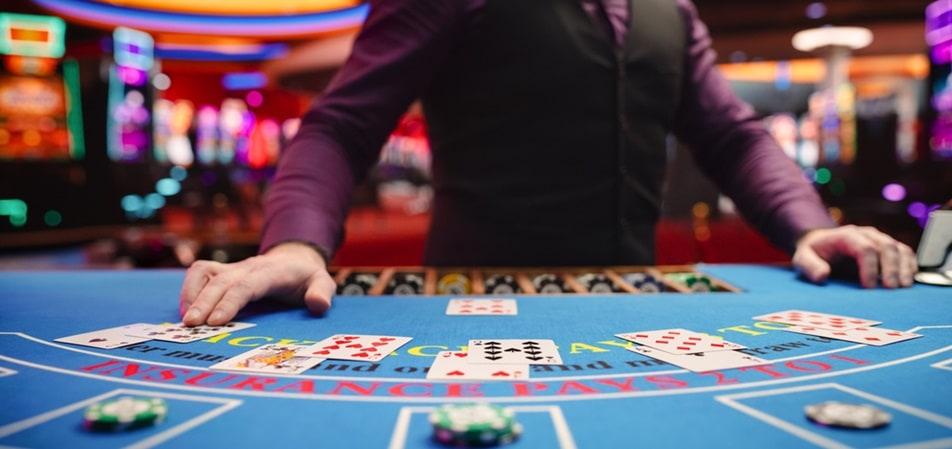The Psychology Behind Crash Games: Why Players Keep Coming Back
Introduction
Crash games offer thrilling moments and devastating losses, all within seconds. Their fast-paced nature makes them exciting, but also risky. Players are drawn in by the promise of big multipliers and instant crash games casino rewards. However, behind the excitement lies a world where fortunes can be made—or lost—in a flash.
The Appeal of Big Multipliers
Crash games offer potential returns that far exceed traditional bets. A single round can multiply your stake many times over, especially if you cash out near the peak. These opportunities create the dream of instant wealth, which keeps players coming back and pushing the limits with each round.
Viral Stories of Massive Wins
In 2025, social media is flooded with clips of huge crash game wins. Players hitting 100x or more create viral content that attracts millions of views. These moments of luck become internet sensations and inspire others to join the game, chasing similar outcomes despite the odds being stacked against them.
The Pain of Crashing Too Late
Every player eventually faces the sting of waiting too long to cash out. The line crashes, and the bet vanishes. These emotional lows can be intense. One missed cashout can wipe out a big win or a whole session, turning excitement into regret within seconds, often leading to impulsive decisions.
Emotional Rollercoaster of Play
Crash games play on emotion. The joy of a win and the frustration of a crash happen back-to-back. This cycle creates an adrenaline rush that’s addictive. Many players find themselves caught in emotional swings that make rational decision-making difficult, especially during losing streaks or when chasing past losses.
Chasing Losses and Dangerous Patterns
After a big loss, some players double down, hoping to recover quickly. This behavior is common in crash games and often leads to even greater losses. The speed of the game encourages repeated play, which can quickly spiral into a pattern of emotional decisions and poor risk management.
Responsible Gaming Features
Some platforms now include tools to limit losses and control playtime. Features like session limits, auto-cashout, and cool-down periods help players stay in control. However, the responsibility still lies with the individual to use these tools and understand the risks involved before diving deeper into high-stakes play.
Learning from the Highs and Lows
Many experienced players recommend tracking your sessions and setting strict rules. Learning from both wins and losses can improve decision-making over time. Instead of reacting emotionally, disciplined players develop a strategy and stick to it, which reduces the likelihood of major losses and improves long-term success.
Conclusion
Crash games deliver extreme highs and lows that appeal to thrill-seekers and gamblers alike. While the potential for big wins is real, the risk of devastating losses is just as high. Understanding the emotional and financial risks involved is essential for enjoying crash games responsibly and avoiding regretful outcomes.
